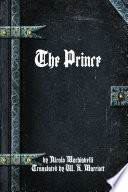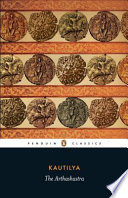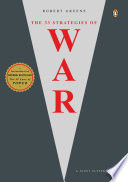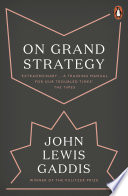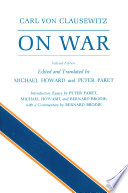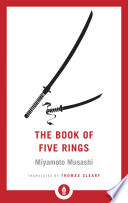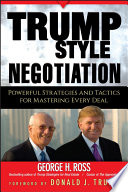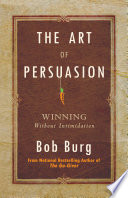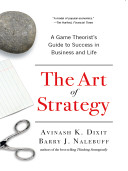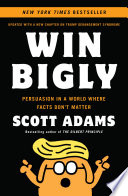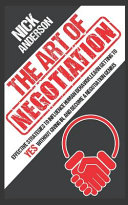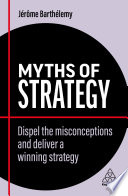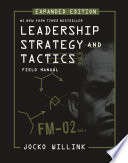Summary
Niccolò Machiavelli's 'The Prince' is a seminal work in political philosophy that offers a pragmatic guide for rulers on how to acquire and maintain political power. Written in the early 16th century, the book reflects the tumultuous political landscape of Renaissance Italy, characterized by fragmentation and constant power struggles among city-states. Machiavelli, drawing from historical examples and his own experiences as a diplomat, provides insights that challenge the traditional moralistic views of governance prevalent in his time.
At its core, 'The Prince' is about realism in politics. Machiavelli argues that rulers must be prepared to engage in morally ambiguous actions if they are to secure their state and ensure stability. This leads to his famous assertion that 'the ends justify the means,' which has sparked extensive debate regarding ethics in leadership. He posits that while it is ideal for a ruler to be both loved and feared, it is ultimately more advantageous to be feared, as fear can be a more reliable form of control than love. However, he cautions that a ruler should avoid being hated, as this can lead to rebellion and loss of power.
Machiavelli also explores the concepts of 'fortune' and 'virtù,' suggesting that while luck plays a role in success, a ruler's personal qualities and ability to adapt are equally crucial. A successful prince must be shrewd, strategic, and capable of responding to changing circumstances. The importance of military might is another key theme, as Machiavelli asserts that a ruler must possess a strong army to defend the state and maintain authority.
Public perception is another critical aspect discussed in the book. Machiavelli emphasizes that a ruler's image is vital for maintaining power, and suggests that leaders should be adept at managing their public persona. This includes the use of deception and cunning as necessary tools in the political arena. Ultimately, 'The Prince' serves as a guide for those in power, illustrating the complexities of leadership and the often harsh realities of political life.
In conclusion, 'The Prince' remains a relevant and thought-provoking text that continues to influence political theory and practice. Its exploration of power dynamics, ethics, and the nature of leadership offers valuable lessons for contemporary leaders and anyone interested in the intricacies of governance.
